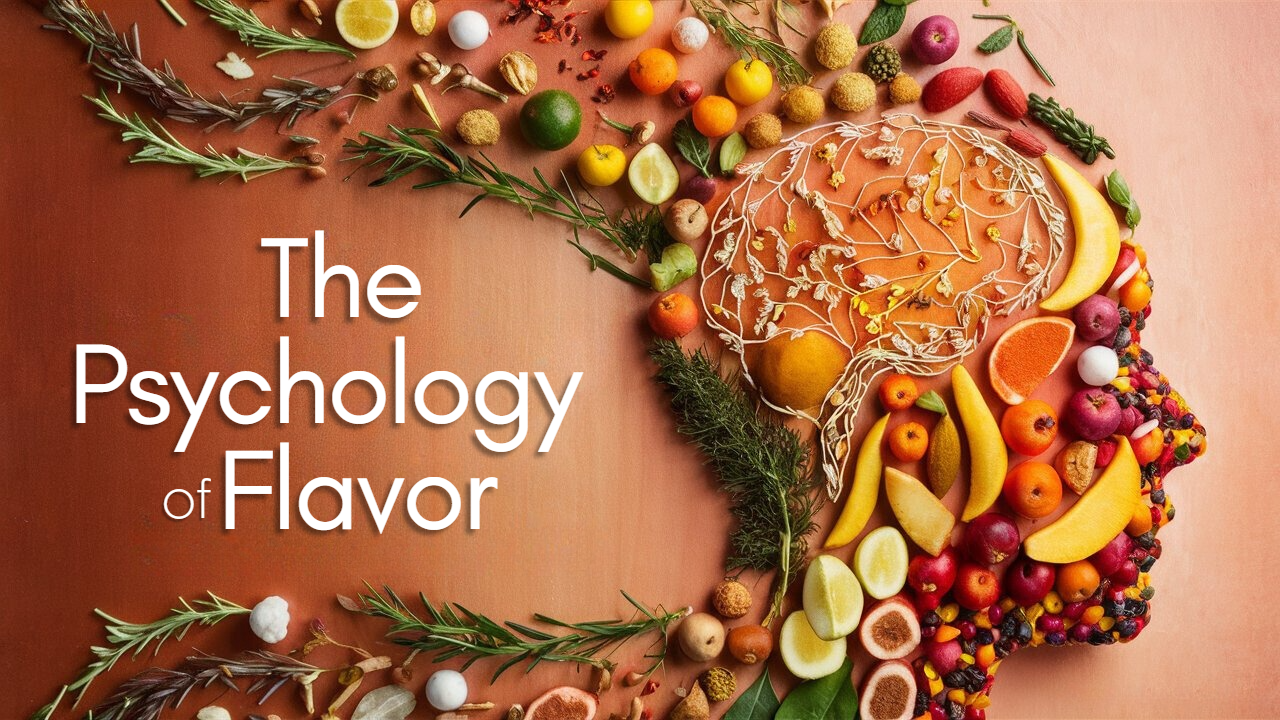
When you bite into your favorite dish, the explosion of flavors on your palate is more than just a physical sensation. Taste is deeply intertwined with our psychology, influenced by perception, memory, and emotions. This complex interaction makes our flavor experience so uniquely personal and deeply memorable.
Perception plays a crucial role in how we experience flavor. The senses of taste and smell are closely linked, and our brain combines these inputs with visual and tactile cues to create a comprehensive flavor profile. This is why food often tastes different when you have a cold—your sense of smell is compromised, affecting your overall perception of flavor.
Interestingly, studies have shown that our expectations, shaped by visual appearance and past experiences, can significantly alter our perception of taste. For example, a brightly colored drink might taste sweeter to us simply because our brain associates vivid colors with intense flavors. This phenomenon, known as “sensory bias”, shows how powerful our perceptions can be in shaping our culinary experiences.
Our memories also play a significant role in how we experience flavor. Foods that we associate with positive memories or comfort are often perceived as tasting better. This is why a simple home-cooked meal can evoke powerful emotions and why certain dishes are tied to nostalgia. The flavor of a grandmother’s secret recipe or a childhood favorite snack is often more than just taste—it’s a link to cherished memories.
Emotions can also influence how we perceive taste. When we’re happy or relaxed, we tend to enjoy our food more, while stress or sadness can dull our taste buds. This is why comfort foods are so appealing during times of emotional distress—they provide not just nourishment but also psychological solace.
The context in which we eat also affects our taste experience. A gourmet dish enjoyed in a fine dining setting may taste different if eaten at home. The ambiance, company, and even the music playing in the background can all enhance or diminish the flavor experience. This context-driven aspect of taste highlights how our environment can amplify or alter our sensory experiences.
The psychology of flavor is a fascinating interplay of perception, memory, and emotion. It explains why the same dish can evoke different reactions in different people, and why our taste experiences are so richly complex. Next time you savor your favorite meal, remember that you’re not just tasting with your tongue—you’re experiencing it with your mind and heart as well.
Contact us at americas@aromatechus.com to learn more about our flavoring solutions.